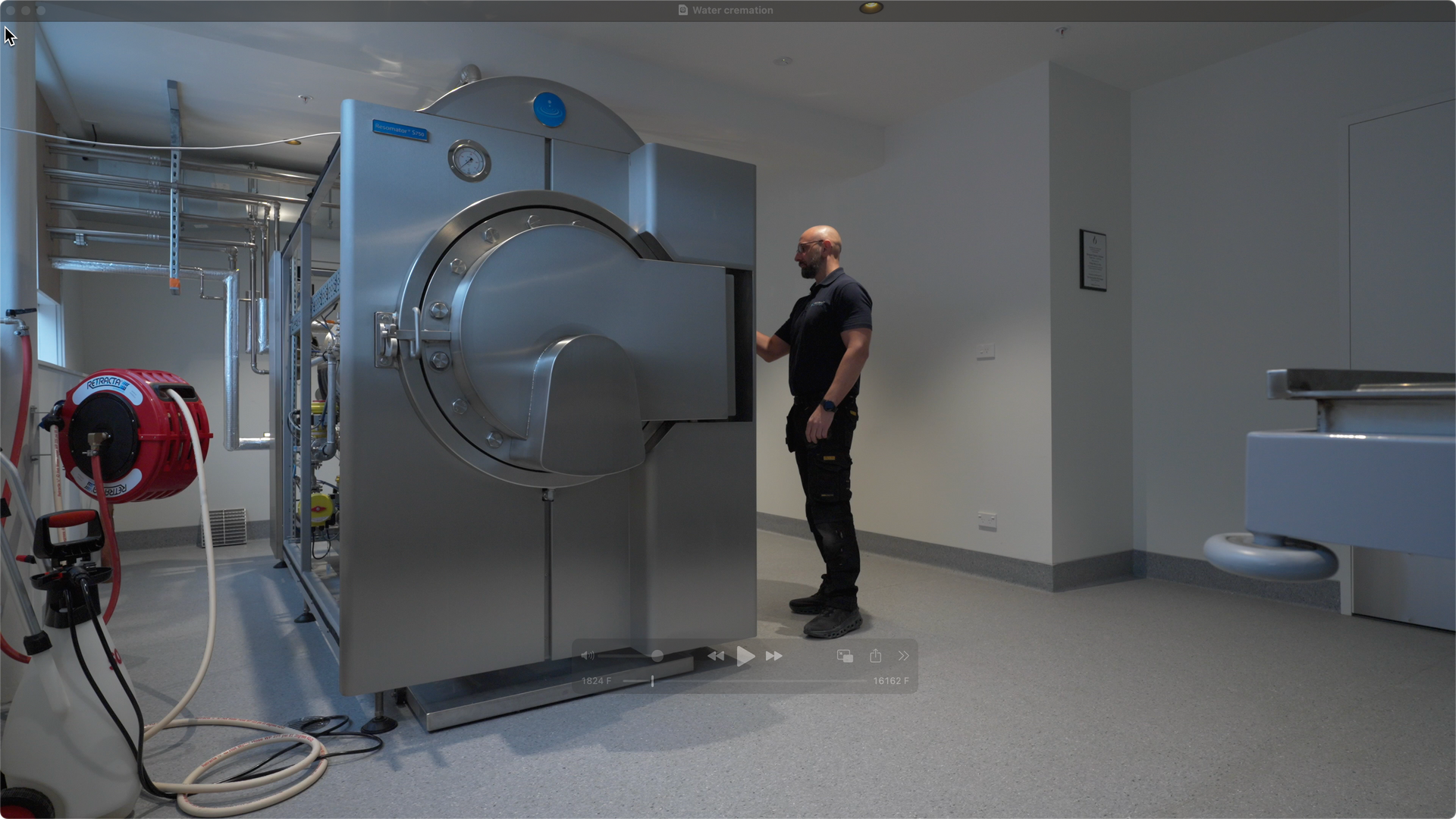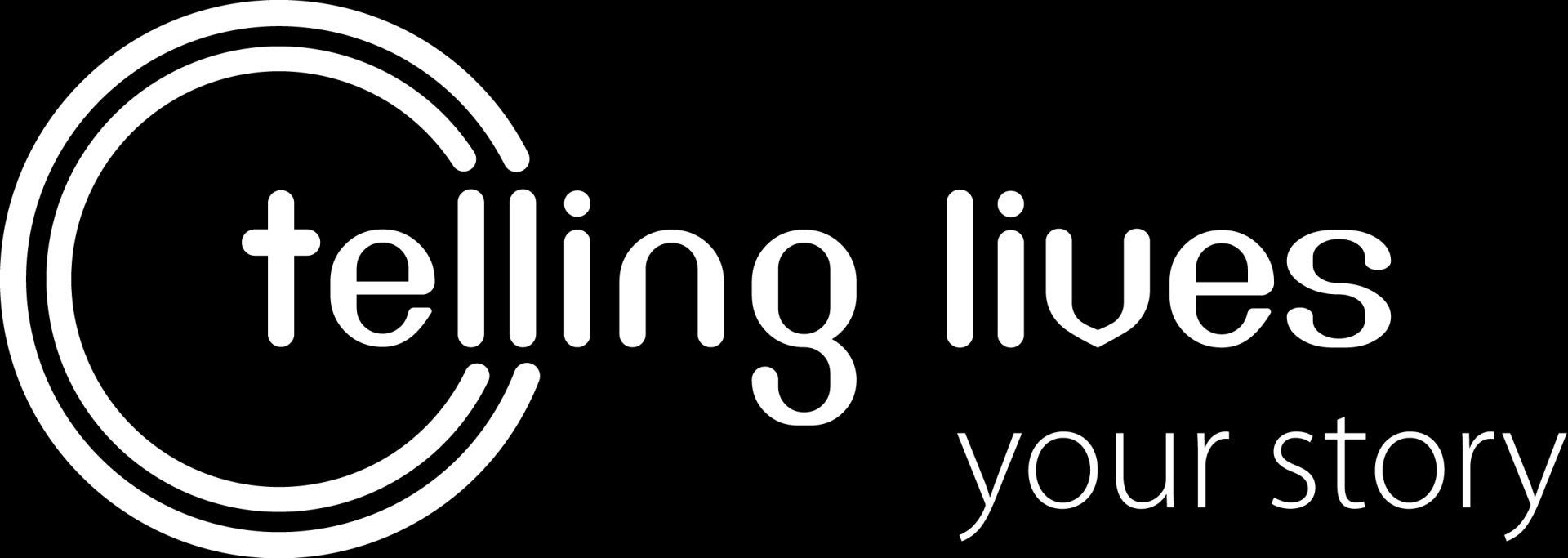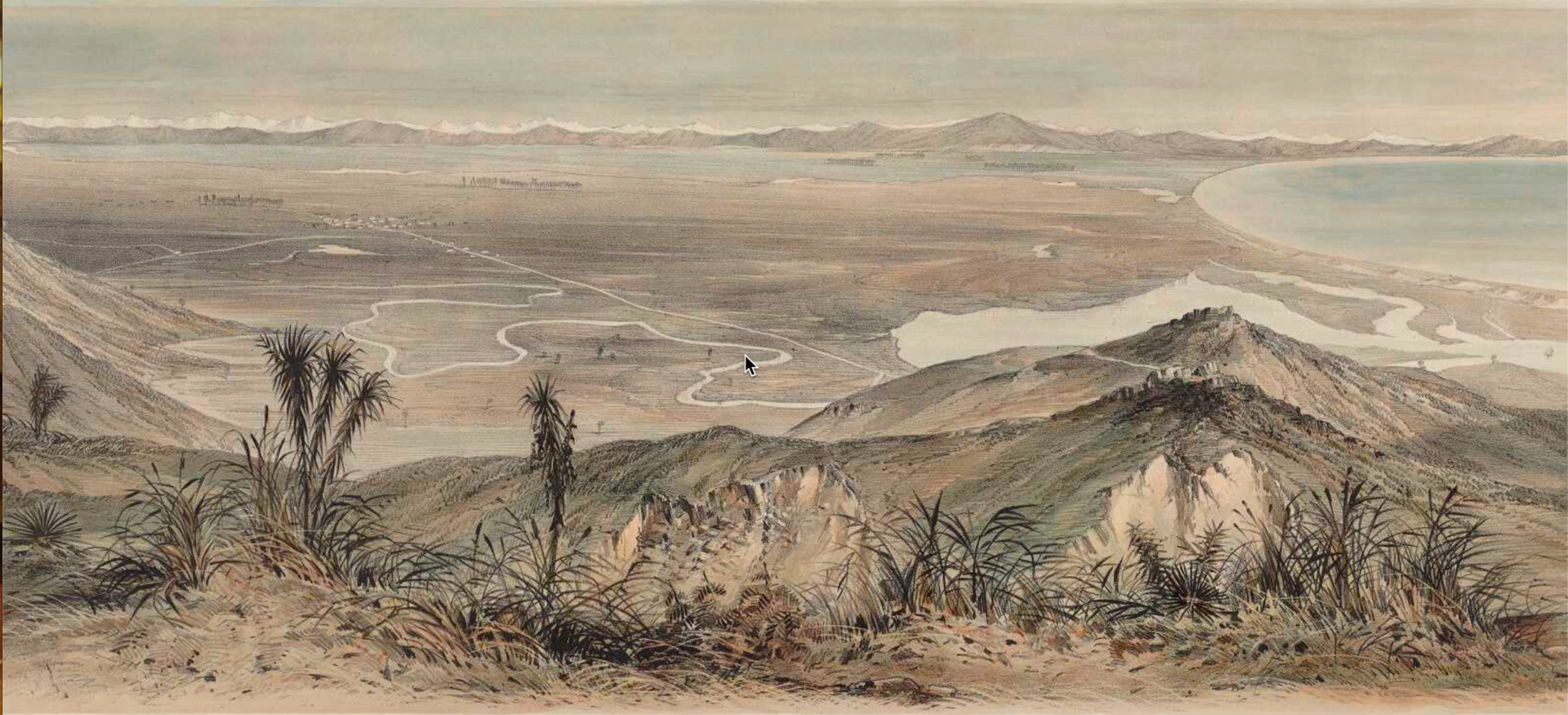Masked Humans
Duality in times of distress
OPINION - JOHN SELLWOOD. Yes, it was all somewhat unexpected, balaclava or masked talk and poetry, my first thoughts were that social media algorithm responds to shock tactics - but I know this young man and to my knowledge he's not one who is easily swayed by affectation or self aggrandisement. There was going to be another reason, the answer he said was simple, "if people can't see my face they aren't judging me by what they see on the surface, instead they have to listen to what's important and that's comes from the inside."
The speaker is a friend, a young man responding to a background of rejection and abuse. We've known each for several years and these days, it must be said, he walks shoulders back, with a stronger sense of self. There are still moments of raw vulnerability when those gut-deep receptors flash visceral despair, but the headlong rush toward darkness has slowed; he has new options for coping.
Acknowledgement has fuelled change and recovery from drug and alcohol addiction. That is hard work, radical hero work right there, to fall and get up again is no mean feat. The lure of addiction may always remains, but he's learning to talk, to reframe a painful narrative of past with a new and more hopeful version of the both the future and himself. Part of that metamorphosis is an invigorated sense of purpose, the desire to help others face their own personal demons while avoiding the self destructive urges that so nearly ended his life.
Anyway, this brave resolute young man recently sent a message linking a new YouTube page where he and a friend had started sharing their personal thoughts and feelings through poetry and talk, the site is called Self Honesty
"if people can't see my face they aren't judging me by
what they see on the surface "
What a time to mask-up and speak your truth acknowledging the duality of the human condition, the person within and the person without,
the Hero with a thousand faces,
the struggle to find balance and respect. With the invasive spread of covid we're now all asked to do the same and cover-up our face. Whatever your own choice of covering, mask, balaclava or scarf, these fabric facades are in my personal view all pretty much the same; the differences measured in materials, design and the area they cover. But how very different the calculation becomes when factoring in sentiments - such a wild and volatile mix of emotion where personal values veer from cultural inclusion to ingroup bias and back again. It may be a small minority who object, but the impact is significant and laden with irony. What must Muslim women who favour wearing the Niqab or perhaps the less expansive Hijab be thinking? Have we westerners started to reframe our cultural sensibilities to include face covering or have we merely succumb to expediency and social conditioning.
The mask has a history of rich significance across multiple cultures, sacred rites and the transmutation of the ordinary to the extraordinary, the psychological impact of the mask goes back millenium. Our modern covid mask seems to fulfill a dual function, one definitely intended and the other perhaps not. Firstly, it affords the wearer protection against the virus by providing separation from your immediate environment but the unintended consequence is facial anonymity. In other words, you know me not, I am hidden from view and so my actions and meaning are now veiled and opaque. In the case of our young speaker/poet there's a variation on the theme, judge me not because I'm hiding the features you might otherwise use to label me; although by wearing the balaclava he is also inviting a new set of assumptions and prejudice, where our source of discomfort waits to be uncovered.
Here in New Zealand, the balaclava is a utilitarian covering used by thousands of hunters and trampers who rely on it for both warmth and camouflage in an outdoor environment that can quickly turn threatening. For me, it's more closely associated with negative images of violence from the likes of the IRA paramilitary or more recently Isis fighters. So in terms of semiotics, the balaclava wraps the good and the bad in ambiguity. It's not just those considered on the wrong side of the law who like to hide faces. The use of balaclavas is common amongst the military and civilian police; particularly when special forces or tactics are deployed. How we decipher that symbolism depends on the place where we start, here context is everything, one man's terrorist may also be another man's freedom fighter.
While the mask offers anonymity to the wearer, the impact on others is described as having "layers of meaning". According to Norwegian academic Luca Tateo. "The mask evokes at the same time safety and fear, it mediates the auto dialogue between I and me through the other".
The point my friend is making is that masks aren't something we wear, they're something we create. There are outside masks made of cloth and inner masks of pain and vulnerability. Masks beneath masks, beneath masks... when you finally hit rock bottom, you start to understand, that below it all is the authentic you just waiting to to be recognised, welcomed and accepted. Cover your face, it makes no difference the internal dialogue continues, just another layer waiting to be revealed. Mask stereotypes abound, so young speaker/poet thank you for sharing your truth, may it help others in their search for acceptance and meaning.
LIFELINE (0800 543 354) or send a text to HELP (4357) for free, 24/7, confidential support – 24 hours a day, 7 days a week.


